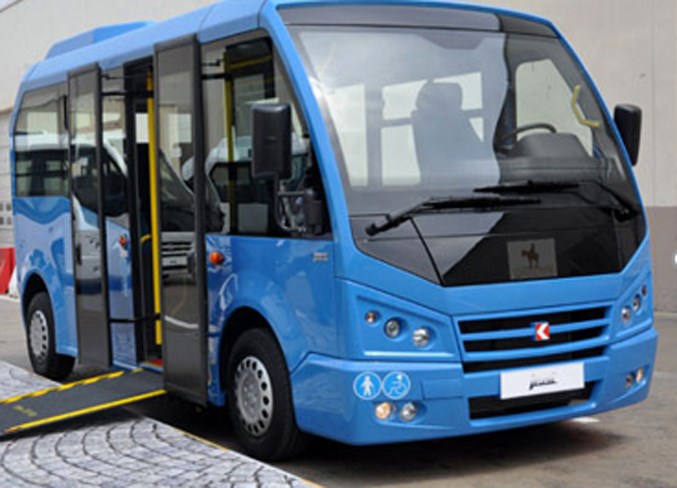The wheels of on-demand transit could be put into motion at the Aug. 13 council meeting, as the transit task force wraps up its public engagement work and early costing options are to be presented. “I would like council to decide whether or not we are doing this ... obviously, this has been an issue Cochrane has been talking about for a long time and I’m looking forward to getting some closure,” said Mayor Jeff Genung, of his hopes for the next council meeting. Today, the task force meets for the final time to go over early costing estimates. On Monday night, council will be presented with service standards and determine whether or not to put the Request For Proposals process into motion to obtain hard costs of what a “made for Cochrane” on-demand transit system would look like. “What we started talking about when we were first presented with transit last fall and what we are talking about now is completely different,” said Genung, who is joined on the transit task force committee along with Couns. Tara McFadden and Marni Fedeyko, as well as members of the public. “One of the significant changes is how technology has changed, how we can look at transit in the Cochrane context,” added McFadden, adding that this latest chapter of “extensive dialogue” with the community has given the task force a “clear understanding of what will fit.” According to the results from the 256 participants surveyed by the task force, most people do not want to wait for a bus for more than 20 to 30 minutes and do not want to ride the bus for longer than that. Most people prefer not to have pets come aboard, with the exception of service dogs, and most want seven-day per week service with less of a service priority on holidays. Preferred fare rates range from $2 to $3 for a one-way trip, with bus passes and special rates for low-income residents, seniors and students. An age of 10 has been flagged for un-parented trips, although it’s likely this would be left up to the discretion of the parents. Most prefer a modern bus-style that is fully accessible and significantly smaller than traditional buses. Features such as WiFi and security would depend on cost. Town transit analyst Devin LaFleche said the public engagement process has been important to remove any assumptions about transit and to explain the flexibility an on-demand system could provide. Over the years, councils have debated whether or not Cochrane was the right size to put buses on the road. The conversation has deepened, with the town’s population doubling in just a few short years and continued residential building on its peripheries. The town also has $9 million of grant money that must be spent by Dec. 31, 2020, on capital costs related to transit ($6 million of which is GreenTRIP funding; $3 million in MSI funding). This would take care of such expenses as a bus station/hub, fleet and bus stops. The town and its users/taxpayers would be on the hook for operations. Under the traditional fixed-route estimations, this was flagged around $1.5 million per year for full services. Early estimations for the same level of service under an on-demand model are coming in around $500,000, or about one-third that of a traditional system. Anyone can attend town council sessions in chambers at the Cochrane RancheHouse, which begin at 6 p.m. Next week, the Greystone development will return to present their potential neighbourhood plan for the future mixed-use commercial/residential community at the gravel pits on Griffin Road.




